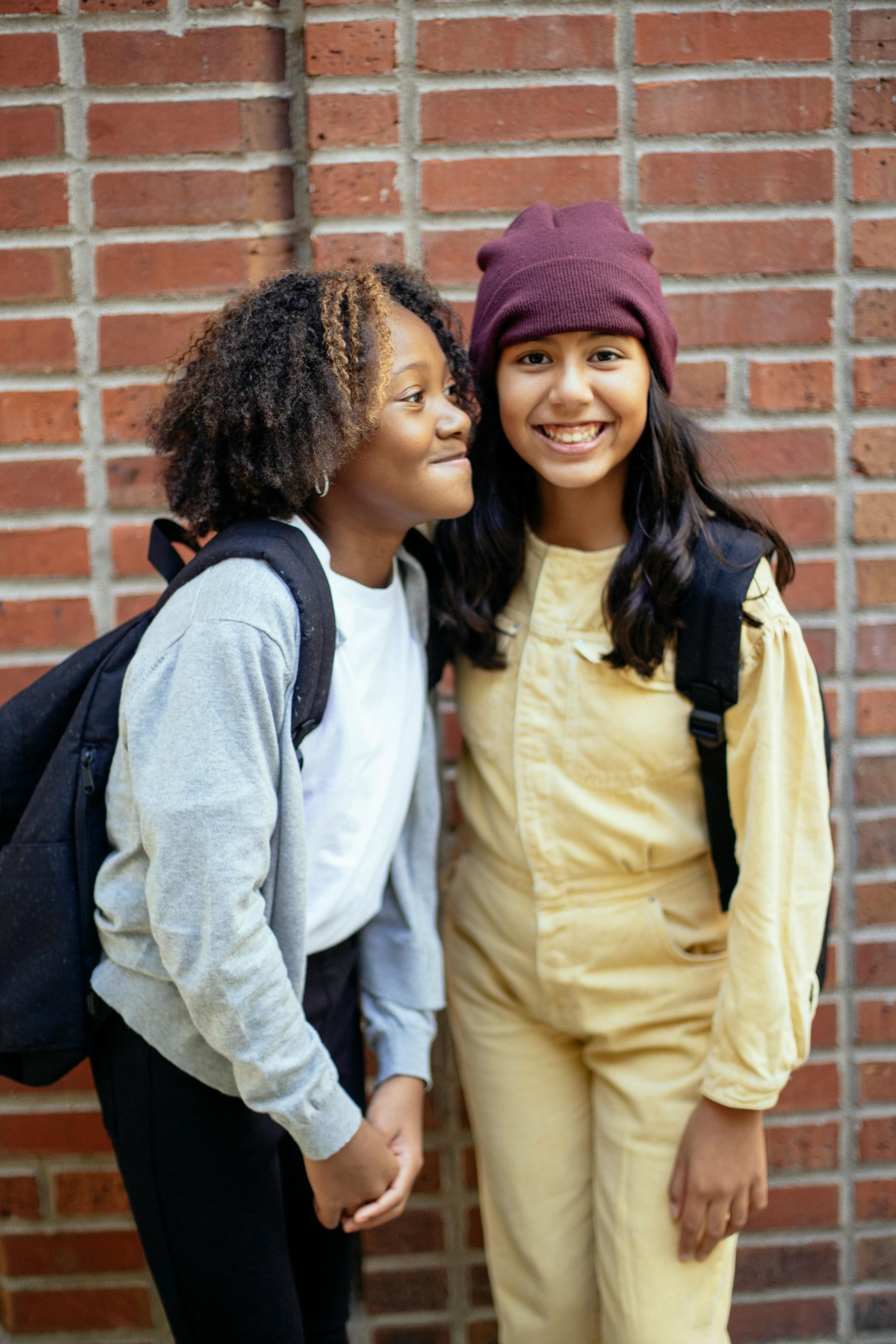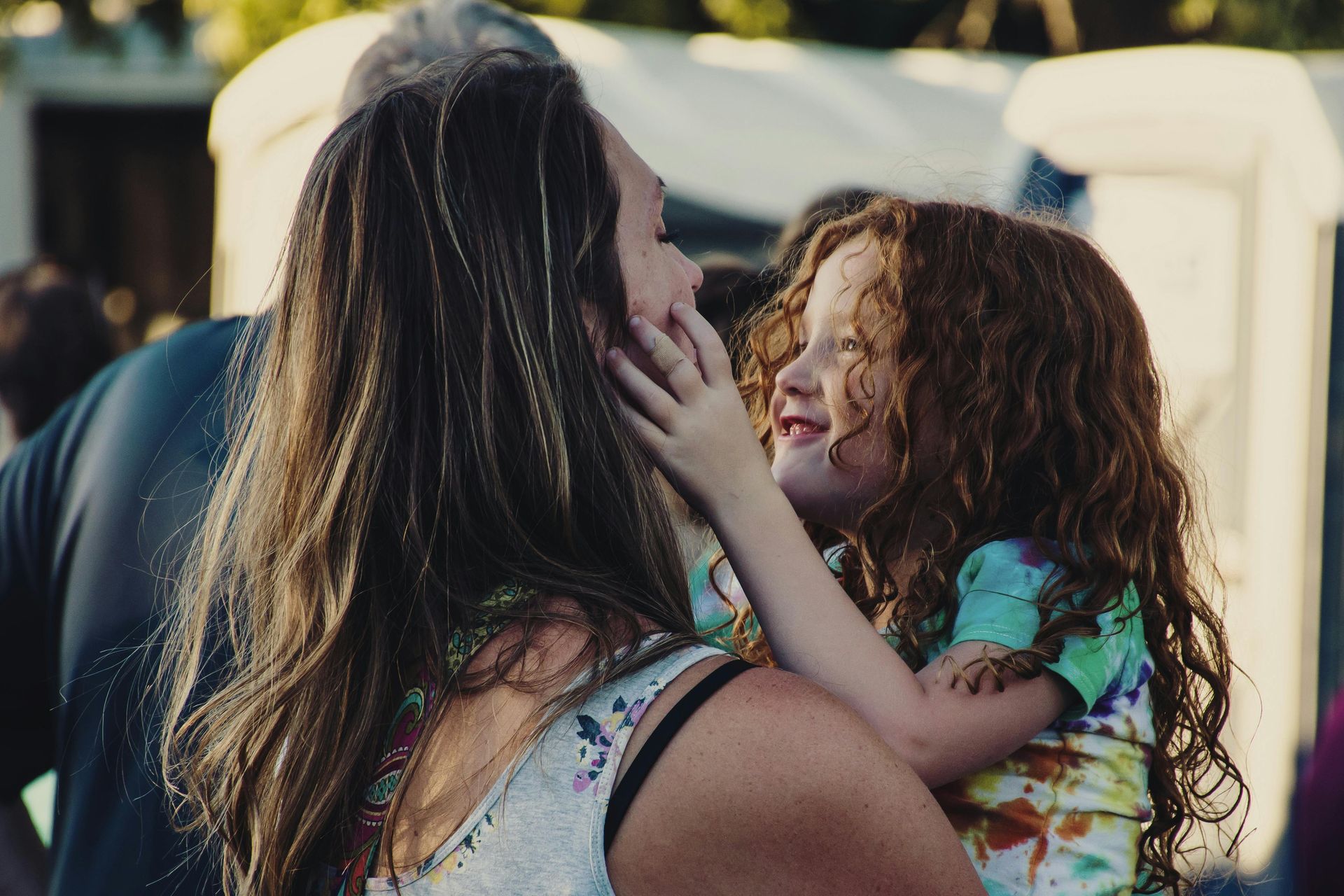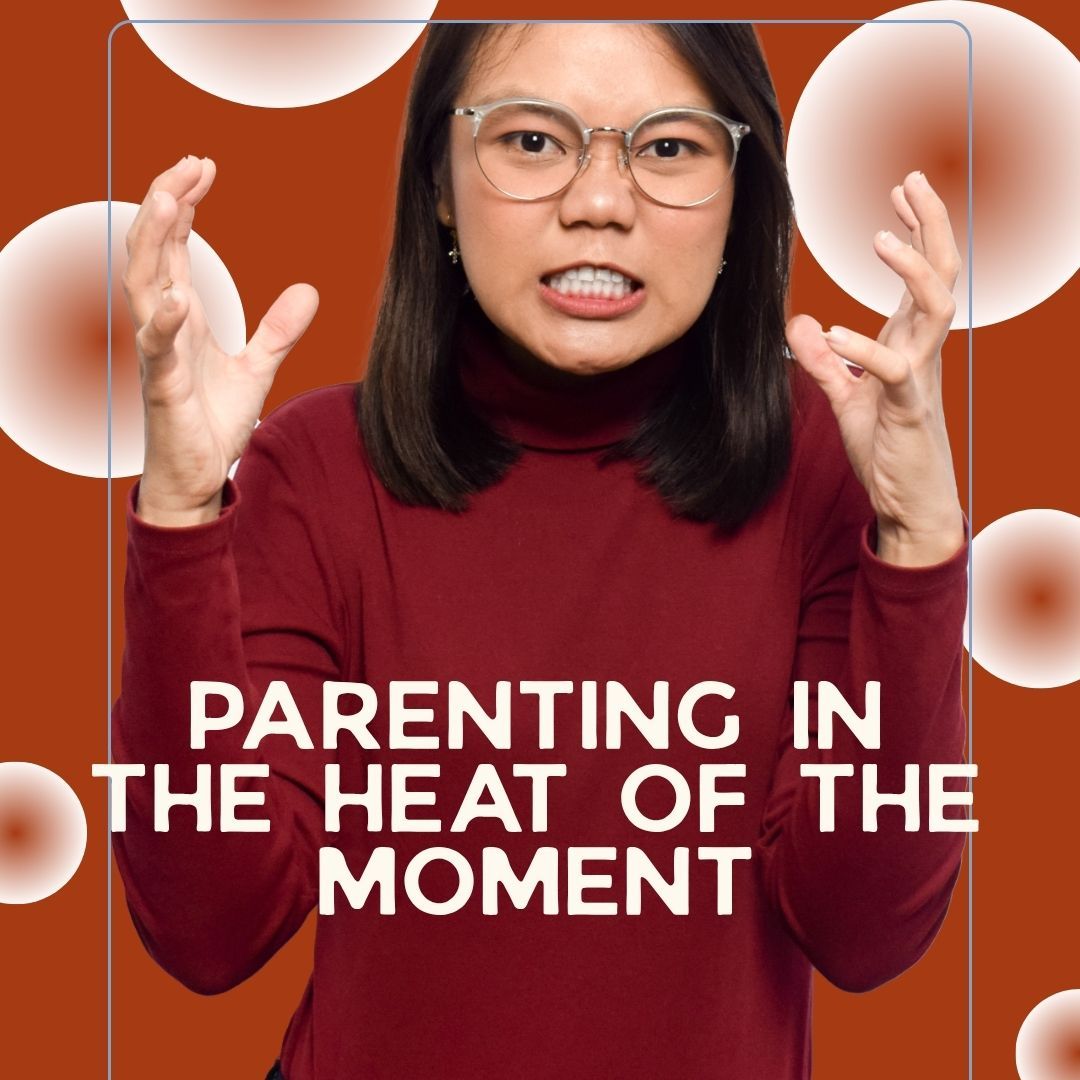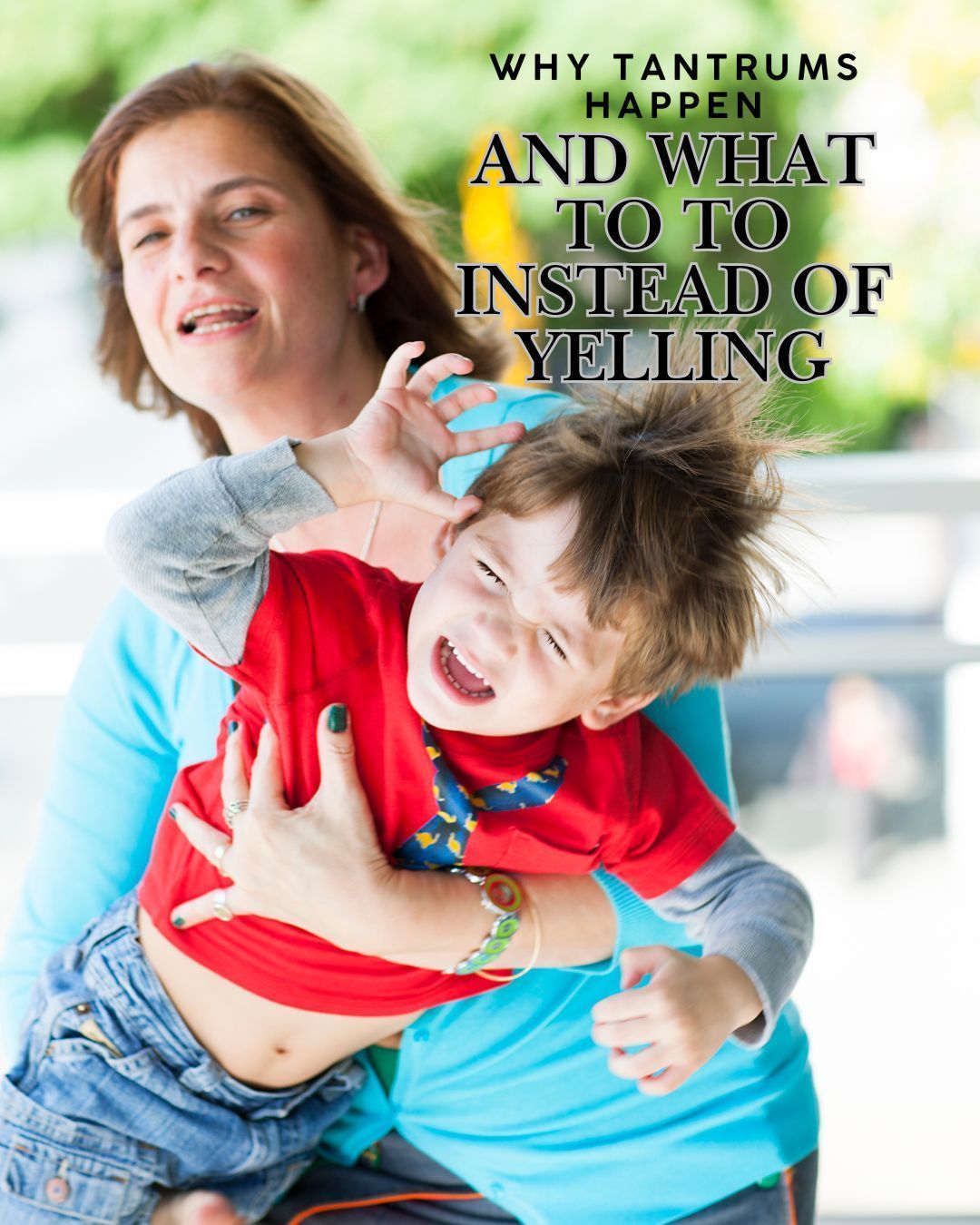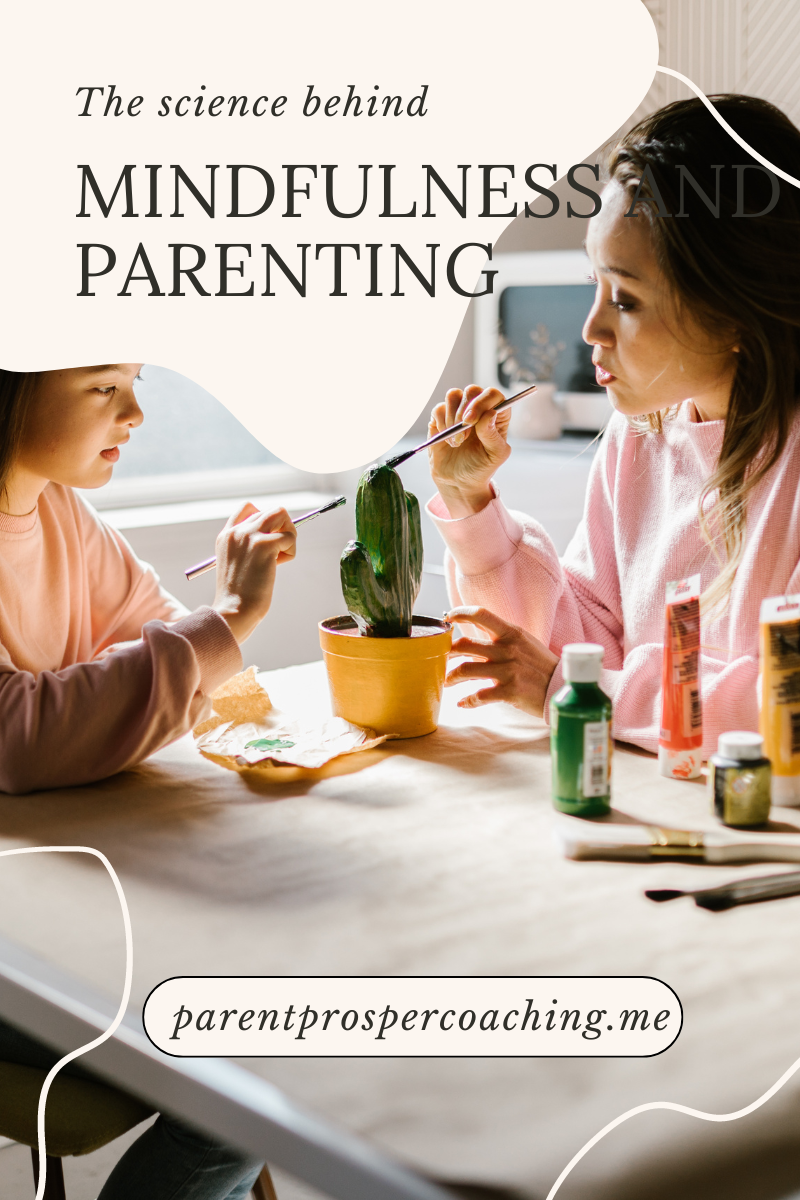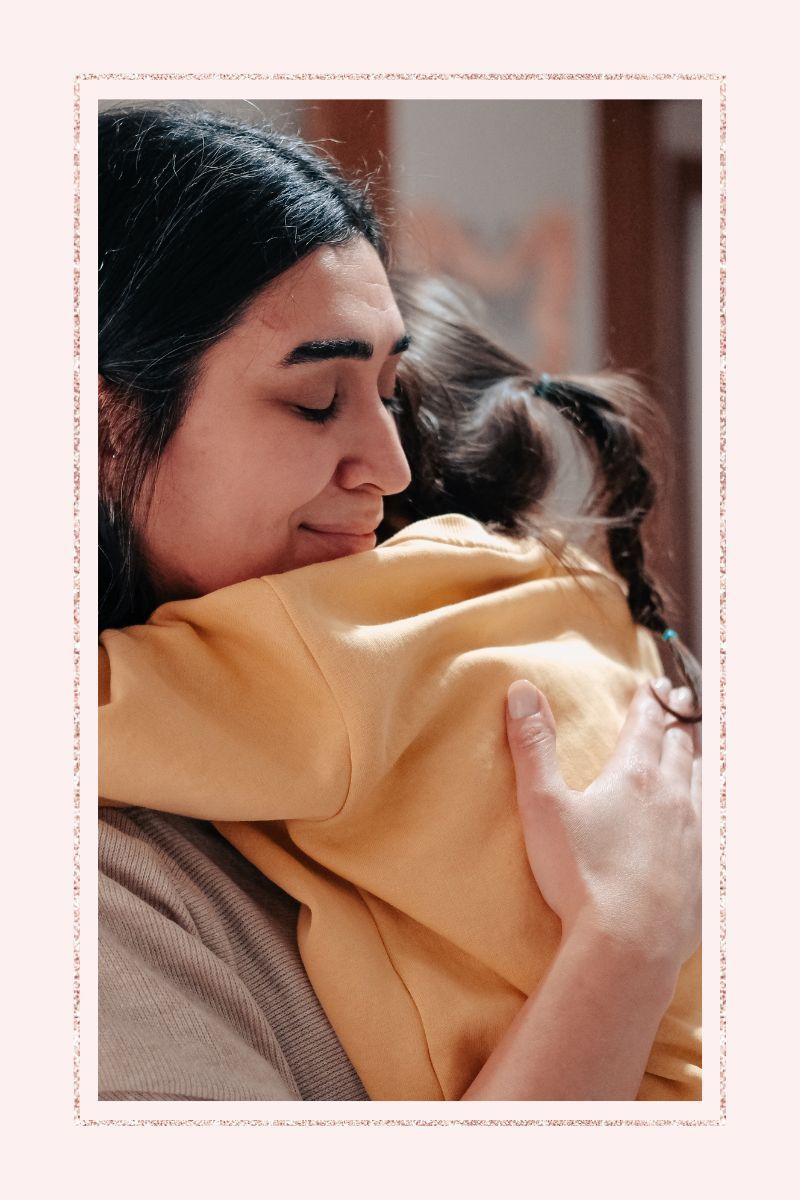Share
One Thing I Would NEVER Do Again As a Parent
If you feel like simply getting out the door on time (tie your shoes… where’s your coat… do you have your lunch??) is a battle, the reality is that you are locked in a power struggle with your child.
Someone will “win” and someone will “lose.”
And while this can be hard to recognize in the moment, power struggles are counter productive when it comes to cultivating a loving, healthy relationship with your child.
Power over dynamics are ubiquitous in our culture. However, when we tap into a larger truth we can see that everyone is divinely worthy of their own thoughts, emotions and experiences.
Yep! Even your kids. When we succumb to the candy of a power struggle, we are diminishing our child’s (the one we’d gladly dive in front of a bus for) self-worth, inner authority and ultimately, causing separation in the relationship through an erosion of trust.
While the stakes of this seem small when children are young, this can lead to really negative repercussions when these little cuties turn into big cuties. Teenagers who aren’t in communication with their parents about big challenges make poor decisions.
However, when trust and communication strategies are established early, there is an unshakable foundation that you child knows they can rely upon. They will come to you. Even when things are hard.
This is not a case for permissive parenting.
Clearly, we are charged with teaching our children to behave in acceptable ways, and to embody the values that we hold dear. I’ve learned that this is far more effectively done through conscious communication and emotional demonstration than the old “power over” ways that most of us were parented.
When my kids were little, I was a HUGE fan of the show “Supernanny.” She relied on a punishment and apology frame. Time outs were the relied upon method of bending a 3-year old to your will as a parent. (I personally loved the show because it made me feel like other people were way worse at this parenting thing than I was, and I wasn’t particularly confident in my skills at the time.)
I implemented her methods with gusto.
You will put on your shoes, or else….
You will eat your broccoli, or else…
You will NOT hit your sister, or else…
Time out.
The deal was your kiddo was supposed to sit there for the number of minutes as their age, then apologize. If they didn’t apologize they had to sit there for another round.
I knew that this method wasn’t going to work the day my 3-year old son sat on that step for well over an hour (you do the math). But then… even worse, he wouldn’t look at me for the rest of the afternoon.
I’d damaged our relationship in the name of control, and I vowed I would never do it again.
The key is to learn to be an authoritative parent that sees, understands and respects the individual experience of your child. When you communicate clearly, and are willing to own your own emotional experience, while allowing this little human to own his or hers, you can be in a powerful cooperative relationship.
Power struggles will sometimes (rarely) be necessary. So save them for when they count.
